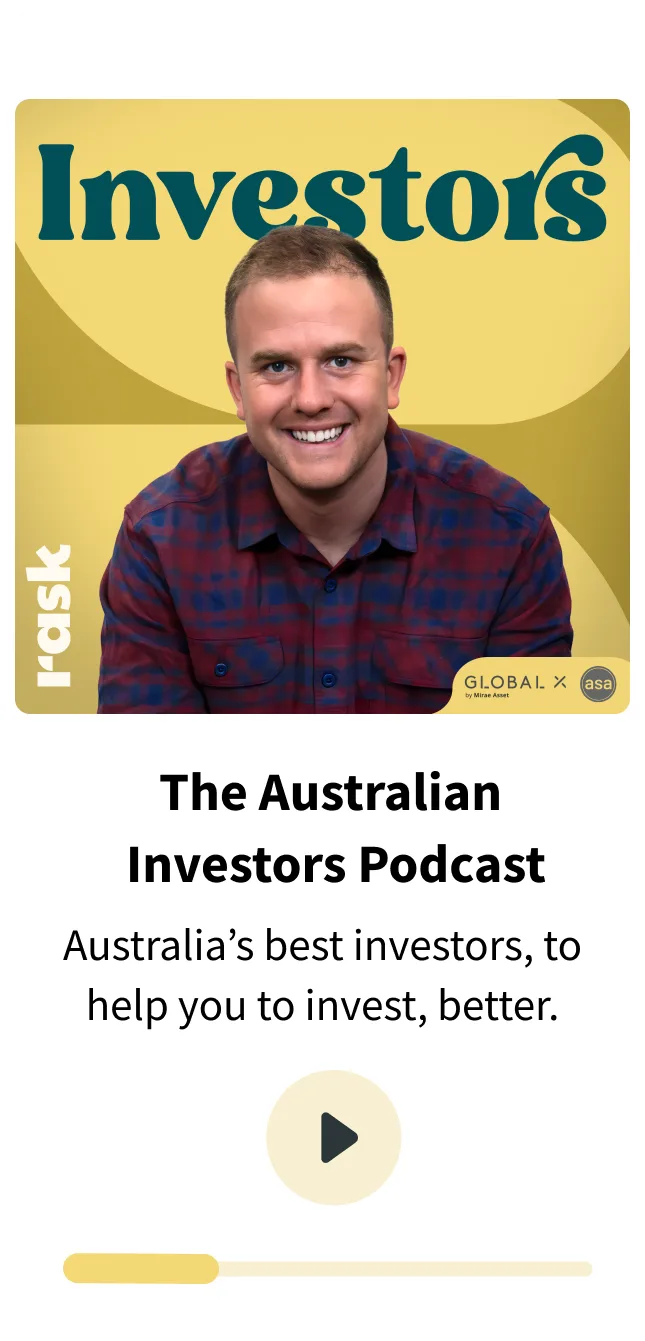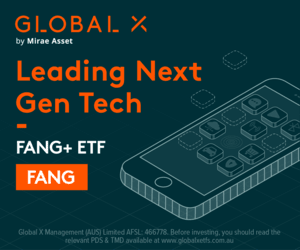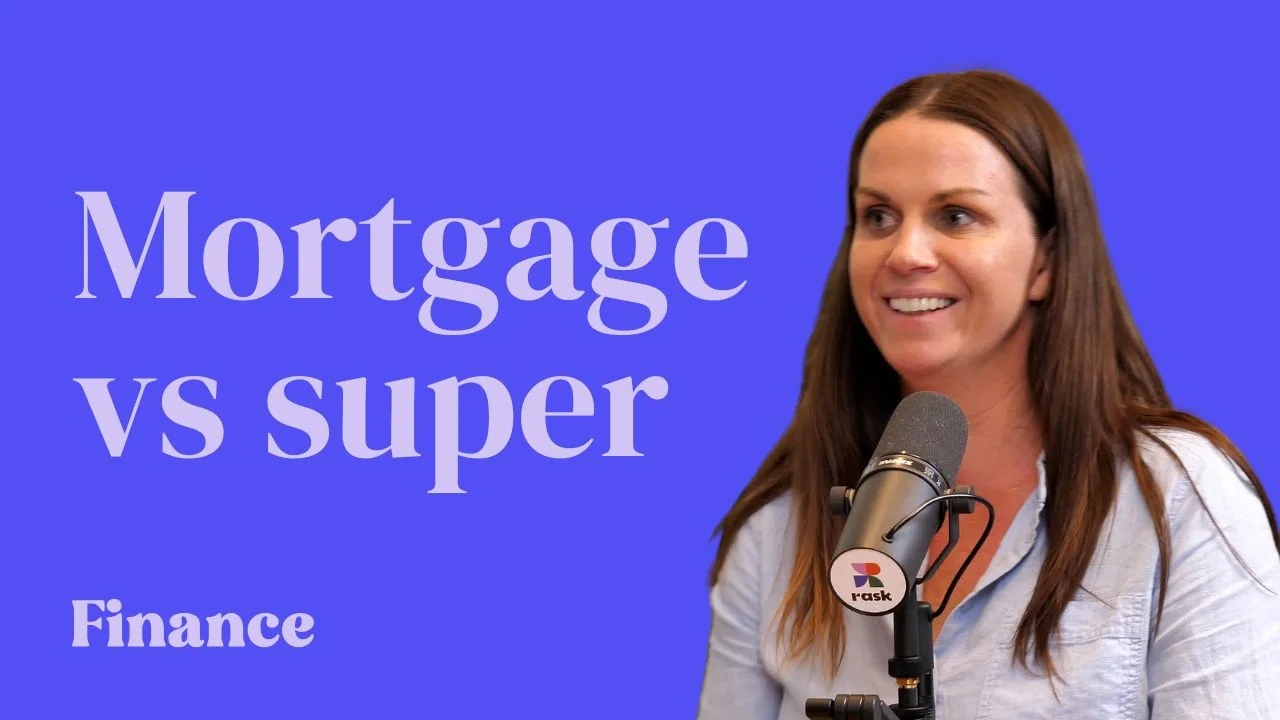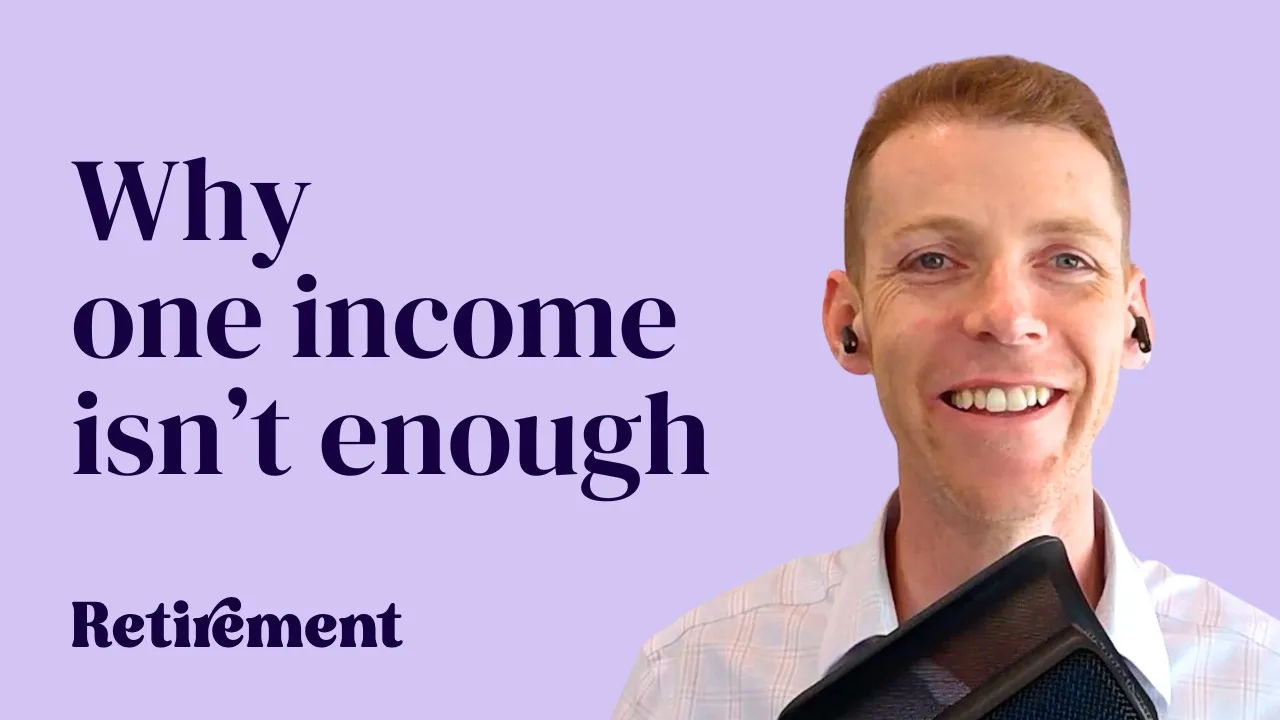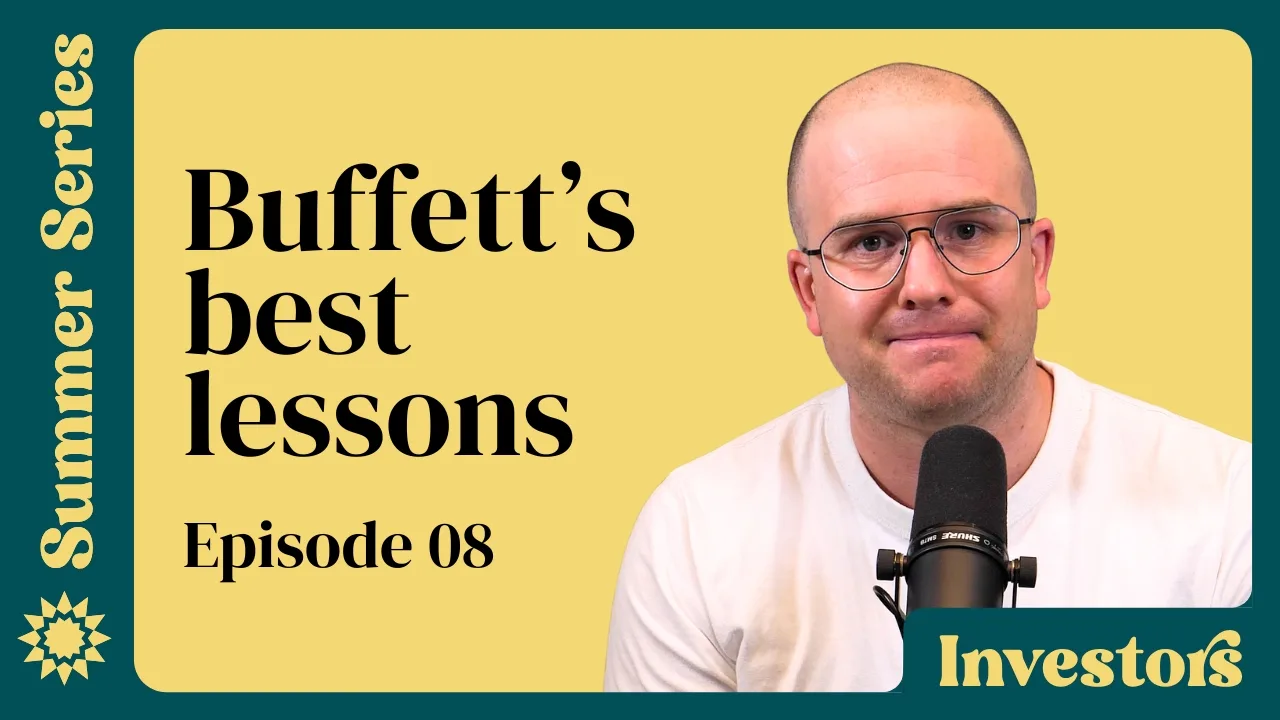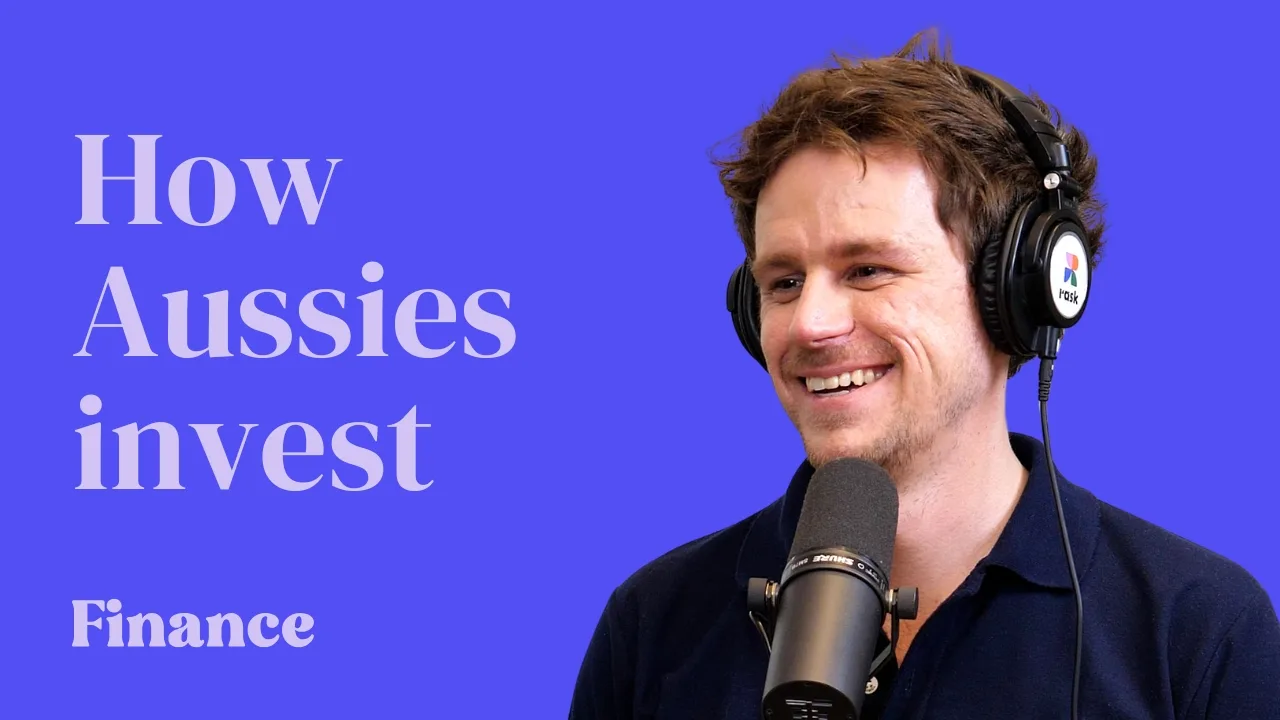Niki Scevak is the co-founder of Blackbird and founder of Startmate, making him arguably Australia’s most influential and successful venture capitalist (VC).
Niki Scevak recently joined Owen Rask on The Australian Investors Podcast, Australia’s top professional investing podcast, to talk about venture capital investing, co-founding Blackbird, startmate, the Blackbird investment process and so much more.
Niki Scevak podcast talking points
Ice breaker questions
- What’s the one investment you got… totally wrong?
- If you could instantly acquire one ‘skill’ (think: speed reading, photographic memory, long-distance running, improv, singing, teaching, etc.) what would it be and why?
- What’s one thing you’ll teach your children that few other parents would?
Niki’s journey
Can you take us back to your school or childhood days – was entrepreneurship part of that or your environment? (think of lemonade stalls and mentors, teachers, parents, etc. who inspired you)
- You often talk about “a set of experiences” that shape a situation or moment, so what would these be for you in the early days?
Out of uni, you co-founded two businesses — what were they? (i.e. tell us the story and lessons learned from each)
- Why did you believe you could start a business?
- What was it about your environment that made risk-taking okay?
Let’s transition to Startmate and Blackbird and their origin stories.
What makes them unique and why did they come into existence?
- Potential follow-up: In a previous interview you talked about making 1-2 $25,000 angel investments per year, what were they? How did you decide to commit these cheques?
- Potential follow-up: your idea of “batched investments” sounds interesting to me because I feel like it creates a latticework of success between cohorts. Did you find batching investments had unintended consequences, positive or negative?
Waves of innovation. You’ve talked about “waves” of things in the past. Friends from school or work, etc. Let’s talk about the pros and cons as it relates to companies, innovation and investments. Do you think investors and innovators go through ‘waves’. Steve Jobs would talk about building an iPhone was the result of millions of hours of research and breakthroughs, not done by Apple.
Investment process
Why “generational companies”?
If you want to invest in generational companies, but you want to do that pre-revenue (80% of Blackbird’s first funding is done pre-revenue?) — how do you identify people who have a firm view on their life’s work?
- What makes a person genuine in portraying a mission for life and innovation?
- Do you see this ‘first mover’ on capital as a core advantage? And thus your ability to judge people is the single most important part of sharpening your advantage.
- You talk about the ‘hungry, not the proven’ a lot – what do you mean by this, and how does this show up in your investments?
You’ve said before that “success slaps you in the face”. Can you give me some instances of when this has happened to you as an investor?
- Have many of these instances failed?
- If we narrow down into a sample of these businesses, what are a couple of the similarities?
- How highly do you rate CAC as an indicator of long-term success?
“Ideas are cheap. Well-executed ideas are extremely expensive.” This is what a CEO once told me on the show. Do you believe this? What do you think about weighting probabilities of success in execution in your favour?
If psychology is so important, do you do any valuation work on investments/deals?
- You talked a lot about low probabilities for things like Zoox. But still took the bet with $100 million. How do you identify asymmetry in risk-return?
What’s one thing you believe about investing that few people would agree with you on?
